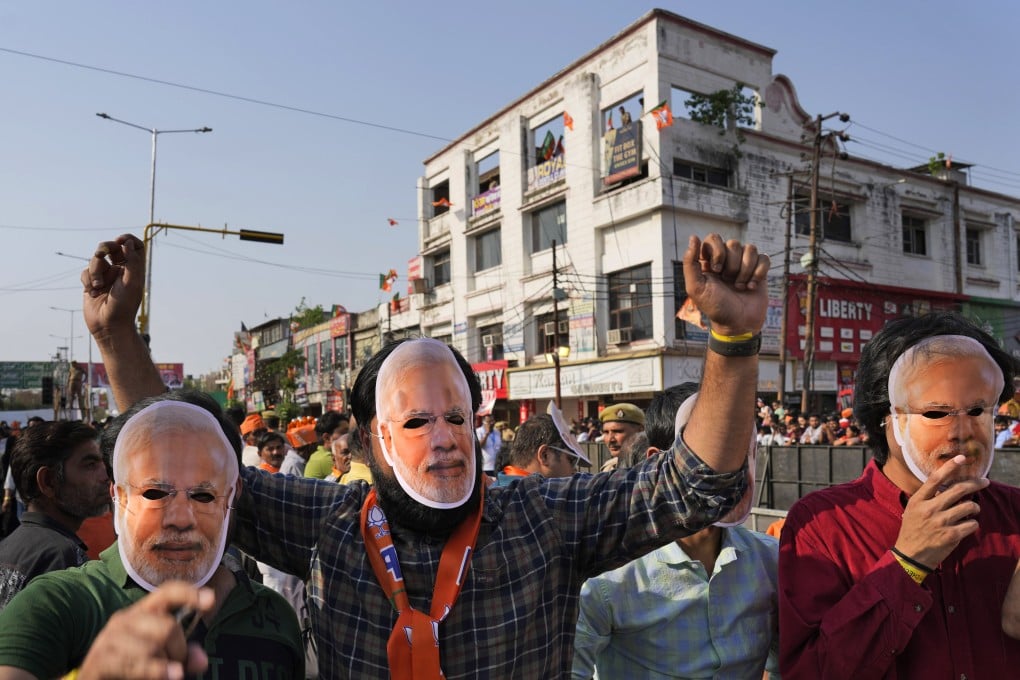Explainer | India election: what issues and parties are challenging Prime Minister Narendra Modi’s ruling BJP?
- Voter concerns such as inflation and unemployment are unlikely to derail PM Modi and his ruling BJP’s path to victory, analysts say
- Despite concerns about the decline of India’s democracy under Modi’s rule, analysts say these have very limited effect on voter sentiment

A coalition of over a dozen opposition parties, dubbed the Indian National Developmental Inclusive Alliance (INDIA), led by the Congress party, hopes to deny Modi a third consecutive term.
Here are some key things to know about the candidates, the parties and the issues in this election.
Background
The BJP rose to power in 2014, and now rules with a coalition, the National Democratic Alliance. Modi enjoys widespread support among India’s Hindu majority, which accounts for 80 per cent of the population.
Modi’s Hindu nationalist policies have “appealed to a large segment since India has steadily tilted to the majoritarian right in the past decade”, said Ronojoy Sen, senior research fellow at the National University of Singapore’s South Asian Studies programme